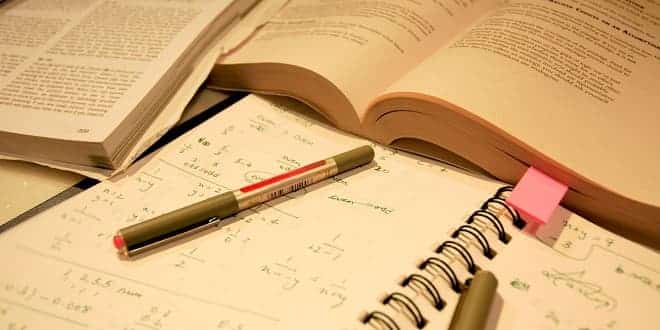Gıda Mühendisliği Tasarımı
-

Lecture Note 1
FOOD ENGINEERING DESIGN AND ECONOMICS CHAPTER I ENGINEERING DESIGN Engineering Design ●Engineering design is planning a system a part of a system or a process in the way which corresponds the needs. Design is a job of making decisions. Where the data at hand are integrated with basic sciences, mathematics and engineering knowledge in the most suitable manner and the target is achieved. Stages of Design 1.Determination of the aim(s) and desired criteria (need) 2.Collection of data and bring up them together (synthesis) 3.Detailed investigation of the subject (analysis) 4.Regulation…
-

Lecture Note 2
FOOD ENGINEERING DESIGN AND ECONOMICS CHAPTER II GENERAL CONSIDERATIONS IN PLANT DESIGN GENERAL CONSIDERATIONS IN A PLANT DESIGN 1.Plant location 2.Plant layout 3.Plant operation and control 4.Utilities 5.Structural design 6.Storage 7.Materials handling 8.Waste disposal 9.Health and safety 10.Patents 1.Plant Location The geographical location of the final plant can have a strong influence on the success of an industrial enterprise. The plant should be located where the minimum cost of production and distribution can be obtained. The choice of the final site should first be based on a complete survey of…
-

Lecture Note 3
FOOD ENGINEERING DESIGN AND ECONOMICS CHAPTER III COST ESTIMATION ●For a successful plant design, the process should be capable of operating under conditions which will yield a profit. Since net profit is the difference between total income minus all expenses, it is essential that an engineer should be aware of the many types of costs involved in manufacturing processes. ●Capital must be allocated for direct plant expenses (as raw materials, labor, equipment …) or for indirect expenses (administrative salaries, product distribution costs, cost for communication ….). ●A capital investment is…
-

Lecture Note 4
FOOD ENGINEERING DESIGN AND ECONOMICS CHAPTER IV ENGINEERING ECONOMICS ●Economics is a social science dealing with Growth and population Productivity and growth Energy Unemployment and inflation Poverty, medical care, government policies, etc. The science of economics, in fact, arise out of the use of scarce resources to satisfy unlimited human wants. Economics is a part of our daily lives since it consists of the subjects as; getting income and goods, their use, inspection, budgeting, income taxes, future investments etc. ●Engineering economics is a discipline, which evaluates systematically the cost and benefit…
-

Lecture Note 5
FOOD ENGINEERING DESIGN AND ECONOMICS CHAPTER V DEPRECIATION Depreciation ●An analysis of costs and profits for any business operation requires recognition of the fact that physical assets decrease in value with time. This decrease in value may be due to; physical deterioration technology advances economic changes other factors which will cause the retirement of the property. The reduction in value due to any of these causes is a measure of the depreciation. The economic function of depreciation, therefore, can be employed as a means of distributing the original expense for…
-

Lecture Note 6
FOOD ENGINEERING DESIGN AND ECONOMICS CHAPTER VI PROFITABILITY, ALTERNATIVE INVESTMENTS AND REPLACEMENTS Profitability, Alternative Investments and Replacements ●Profitability: the measure of the amount of profit that can be obtained from a given situation. ●Before investing a capital in a project or enterprise it is necessary to know how much profit can be obtained and whether its advantageous. Thus, the determination and analysis of profits obtainable from the investment of capital and the choice of the best investment among various alternatives are major goals of an economic analysis. ●Investments may be…
-

Filtration and Cold Storage Calculations
FILTRATION AND COLD STORAGE CALCULATIONS İSMAİL GENÇ Filtration is made to remove the suspended pectin residues inside of the juice for clarification Pectinase is used for break down of the pectins for clarification α-(1-4)-linked D-galacturonic acid (PECTIN) Feed Rate= 1600 kg/h*(1m3/1050 kg)= 1.49 m3/h CS= Mass of solids deposited on the medium per unit volume of filtrate CS=(32 kg/h)/(1.49 m3/h)= 21.47 kg solid/ m3 filtrate Operation time= 1h =3600 sec Operation pressure= 5 bar =5*105 Pa Assume radius of one plate = 0.25 m Area of one plate= π* (0.25 m)2…







